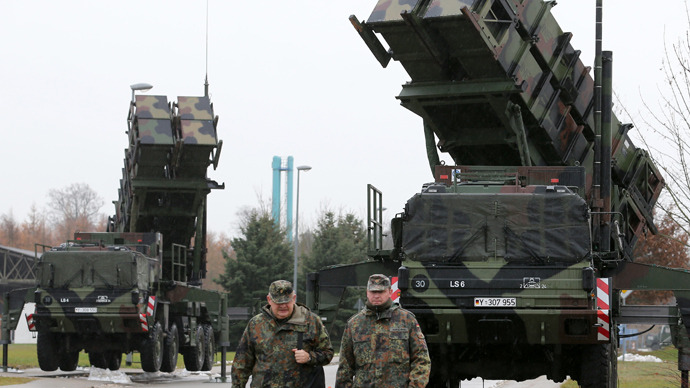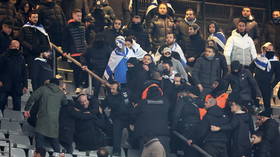The Russian view of European security

The history of international relations shows any attempt to achieve one’s own security at the expense of the security of others fails and leads to catastrophe. There is no such thing as absolute security. Both world wars and Cold War teach that lesson.
Only concerted efforts by all states can guarantee a certain level of security from different threats and challenges to all countries of the world, including Europe. Despite some successful steps aimed at strengthening the principles of equal and indivisible security for the entire Euro-Atlantic area there still remains unjustified and artificially preserved mistrust and friction. This is especially true in the case of ballistic missile defense.
NATO is working to enhance its missile interception capabilities by 2018-2020. Potentially this can devalue the nuclear deterrence capabilities of Russia. This does not mean that Russia wants by any means to retain the possibility of a nuclear strike. However, in the strategic balance it is the potentials and not the intentions that matter. We should demonstrate a responsible attitude to the legacy of the mutual nuclear deterrence that we inherited from the time of the Cold war. The sense of invincibility and total nuclear supremacy by any country may in future lead to irresponsible decisions that would put the whole of mankind in danger.
While governments come and go, strategic interests and strategic potentials persist. Russia cannot make its national interests hostage to the political situation in any other country, especially if it is a country with which we are tied into the relationship of strategic stability. The unpredictable situation is further exacerbated by the systemic financial crisis in the West, which increases the likelihood of unwanted scenarios, such as the coming to power of populists and dangerous adventurists who would seek solving domestic problems through increased international tension.
Russia calls for guarantees that the BMD system being deployed by the USA is not targeted against the Russian nuclear deterrent. We believe that such guarantees should be written into a legally binding document and they should be based on objective military and technical criteria which would prove that the anti-missile capabilities correspond to their stated objective, which is responding to limited missile threats emanating from outside of Europe.
Russia indeed is concerned over the possibility of a new nuclear and missile arms race. However, the level of such a threat today is not high enough to justify the NATO recipe for its elimination. While we respect the right of the NATO states to defend their territory, we find it hard to understand why our partners refuse to take on legal obligations guaranteeing the security of the Russian Federation.
At the same time, Russia is open for further dialogue and ready to carry out long-term practical cooperation with our partners. Apart from BMD there is a lot of issues we can discuss, such as common security threats in the Euro-Atlantic, collaboration between Russia and NATO, prospects for cooperation with the CSTO, development of new arms control mechanisms, the role of the OSCE.
With this aim in mind on 23-24 May 2013 the Russian Ministry of
Defense is holding a large-scale international conference on the
military and political aspects of European security. We firmly
believe that encouraging the search for new solutions with the
participation of the world expert community can re-energize the
process of our cooperation in the sphere of security.
The statements, views and opinions expressed in this column are solely those of the author and do not necessarily represent those of RT.
The statements, views and opinions expressed in this column are solely those of the author and do not necessarily represent those of RT.













